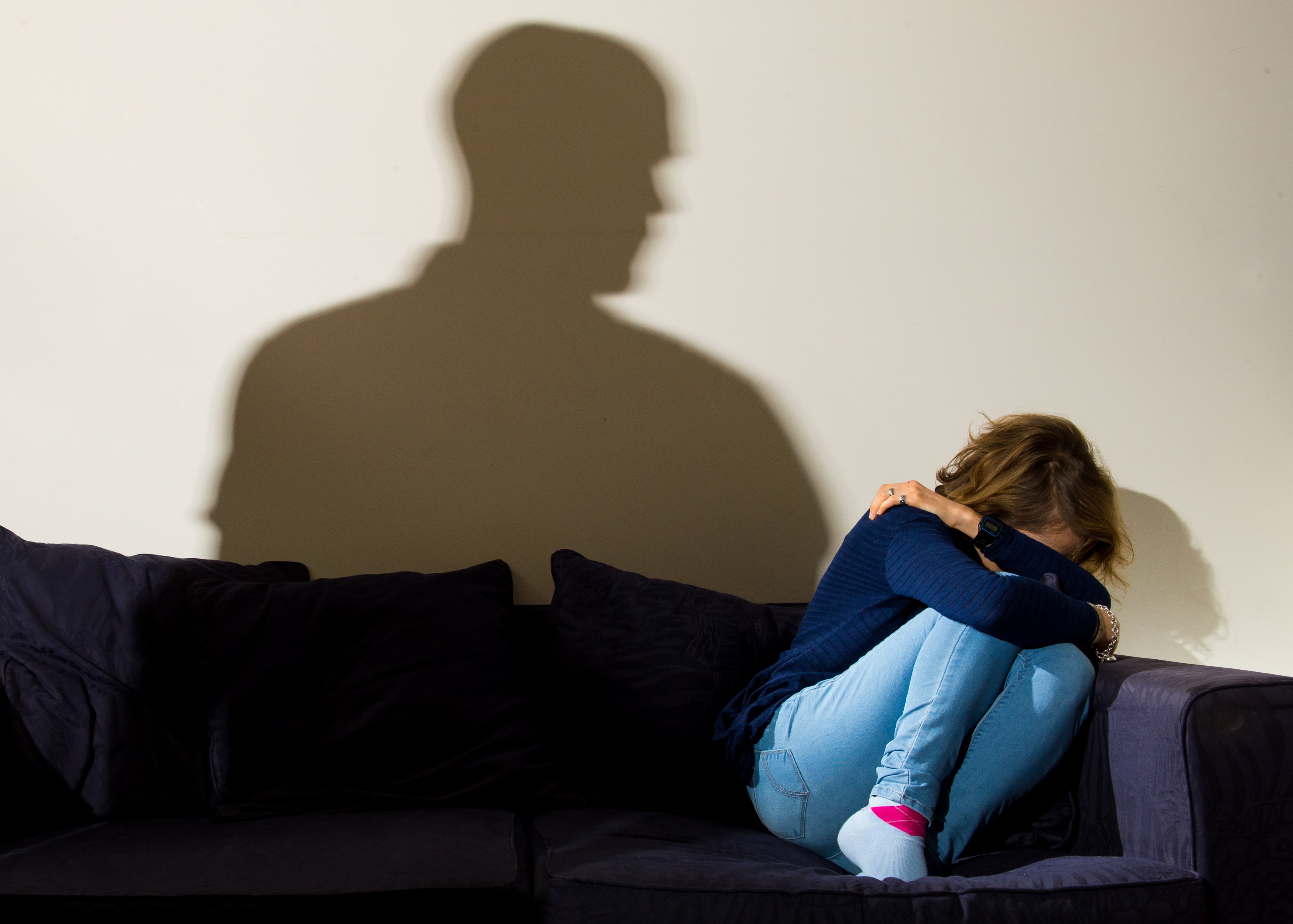Calls for mandatory education on coercive control for older teenagers
Refuge said it is worried too many young people are not being taught how to spot the signs of domestic abuse and controlling or coercive behaviour.

Your support helps us to tell the story
From reproductive rights to climate change to Big Tech, The Independent is on the ground when the story is developing. Whether it's investigating the financials of Elon Musk's pro-Trump PAC or producing our latest documentary, 'The A Word', which shines a light on the American women fighting for reproductive rights, we know how important it is to parse out the facts from the messaging.
At such a critical moment in US history, we need reporters on the ground. Your donation allows us to keep sending journalists to speak to both sides of the story.
The Independent is trusted by Americans across the entire political spectrum. And unlike many other quality news outlets, we choose not to lock Americans out of our reporting and analysis with paywalls. We believe quality journalism should be available to everyone, paid for by those who can afford it.
Your support makes all the difference.Less than half of older teenagers have received education on domestic abuse and controlling or coercive behaviour at their sixth form or further education college in England, research suggests.
Charity Refuge said 47% of 16 to 19-year-olds had received this education at sixth form or at their further education college, with 50% saying they had received this while in school years seven to 11.
Relationships and sex education, which includes teaching on domestic abuse and controlling or coercive behaviour, is mandatory for secondary school pupils.
Refuge’s survey, of 1,000 16-19-year olds in education carried out by Opinium in August, found that 30% of young women said they had experienced controlling or coercive behaviour in a relationship.
This the exact time that they should be receiving comprehensive education about domestic abuse – but this is not the case for so many
When they were presented with a list of examples of potentially controlling and coercive behaviour, 51% of the young women surveyed said this had happened to them.
These included a partner isolating them from their friends and family, monitoring their use of social media, repeatedly putting them down, restricting access to birth control and controlling their finances.
The charity said it is worried that too many young people are not being given vital information.
It is calling for such education to be mandatory in post-16 education, and has written to Education Secretary Kit Malthouse asking him to consider how more consistent teaching can be achieved.
It said that while relationships and sex education must be taught in sixth forms attached to schools, other sixth forms and further education colleges are not required to teach this, so some students are missing out.
The charity has teamed up with survivor and university student Faustine Petron to launch the Make it Mandatory campaign.
The 22-year-old’s Change.org petition calling on the Government to make education on domestic abuse and coercive control mandatory in sixth form has received more than 62,000 signatures.
Refuge chief executive Ruth Davison said “much more” needs to be done to educate the public on what coercive control is and its impact on survivors.
She said: “Young people at school are at a pivotal age in terms of learning about relationships. This the exact time that they should be receiving comprehensive education about domestic abuse – but this is not the case for so many.
“With over 51% of young women experiencing behaviours that could be coercive or controlling, now is the time for the government to intervene and protect young people. Without action, young people are at risk.”
Ms Petron said: “As a survivor who would have benefitted from better education on the warning signs of coercive or controlling behaviour, it’s an issue close to my heart and one I intend to keep fighting for.
“It’s vital that young people are empowered to spot the signs of domestic abuse and know how to get support if they need it.”
A Department for Education spokesperson said: “Domestic violence is a horrific crime. To help children and young people learn about healthy relationships early on we have made age-appropriate relationship, sex, and health education (RSHE) lessons in schools compulsory, so that by the time they leave school they are familiar with these challenging issues.
“Schools and post-16 providers should be alert to issues such as everyday sexism, misogyny, and gender stereotypes and take positive action to build a culture where these are not tolerated, and any occurrences are identified and tackled.”
Refuge’s National Domestic Abuse Helpline – 0808 2000 247 – is available 24 hours a day, seven days a week for free, confidential support.
People can also visit www.nationaldahelpline.org.uk to fill in a webform and request a safe time to be contacted or to access live chat (live chat available 3pm-10pm, Monday to Friday).
Support with tech abuse is available via refugetechsafety.org.